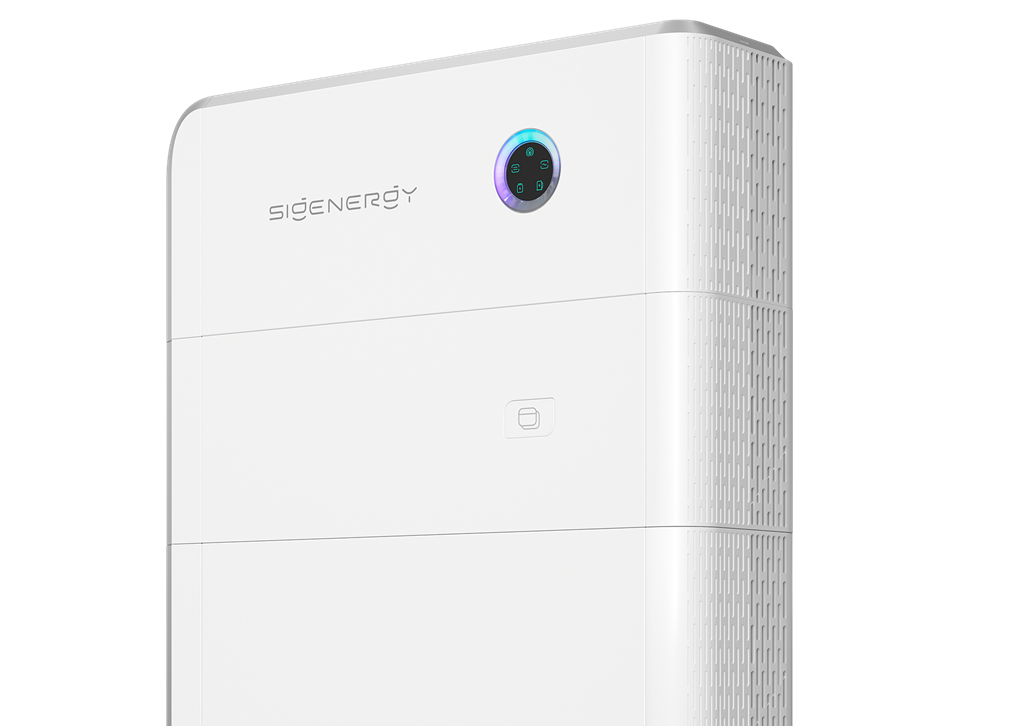Battery Storage: Why It’s More Than Just a Backup
Battery Storage: Why It’s More Than Just a Backup
Problem
When most people think about home batteries, they picture a system that only kicks in during a power cut. While that’s true, it’s only scratching the surface. This limited view means many homeowners in Carmarthenshire, Pembrokeshire, and Swansea miss out on the real value that battery storage brings to their homes and energy bills.
Opportunity
The truth is, modern battery storage is about so much more than backup power. With the right setup, a home battery can:
- Store your excess solar energy to use in the evenings.
- Buy electricity at cheaper times and use it when rates are higher.
- Reduce your reliance on the grid when prices spike.
- Provide peace of mind when the power does go out.
Instead of being a safety net you rarely use, a battery can become a daily tool for smarter, cheaper, cleaner energy.
Solution
1) Energy independence
Store the solar power you generate in the day and use it later, instead of exporting it for pennies. You keep more of the value from your solar panels and rely less on the grid.
2) Save money with the right tariff
- If you have an EV: EV‑specific tariffs (e.g., Octopus Go / Intelligent Octopus Go) offer cheap night rates for charging your car and, where suitable, topping up your battery. These typically require an EV, a home charger, and a compatible smart meter.
- No EV? Consider import/export time‑of‑use tariffs built for solar & battery homes (e.g., Octopus Flux / Intelligent Octopus Flux). You can charge your battery off‑peak, then use or export power when prices peak—ideal for households without an EV.
3) Backup protection
A well‑designed system can keep essential circuits running during a power cut—things like your fridge, internet router, and lights. In rural parts of Pembrokeshire and Carmarthenshire, that peace of mind is invaluable.
4) Future‑proof your home
Battery tech evolves quickly. Today it pairs with solar panels and EV chargers; tomorrow, vehicle‑to‑grid (V2G) may let your car power the house. Investing in battery storage now sets you up for what’s next.
Takeaway
Home batteries aren’t just about backup—they’re about control, savings, and resilience. By combining solar panels, solar power, and battery storage, you can lower your bills, protect your home, and make the most of your renewable energy.
If you’re in Carmarthenshire, Pembrokeshire, or Swansea, I’d be happy to design a solar and battery system that fits your home and lifestyle. <!– Get in touch –>

